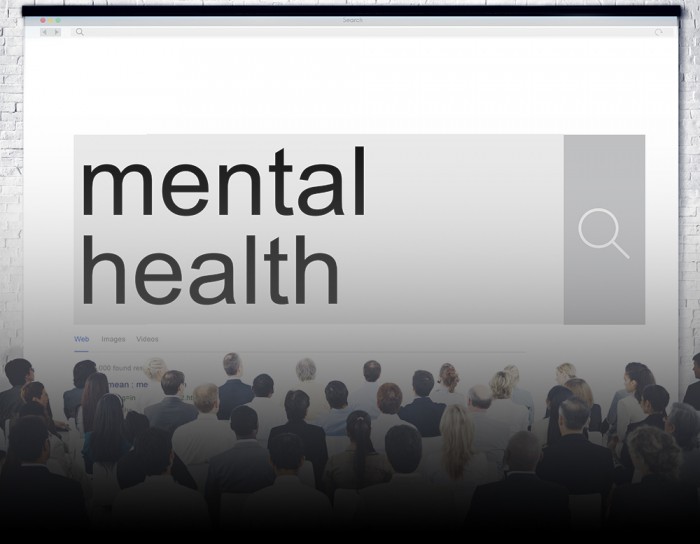President Biden Releases Fiscal Year 2023 Budget
ANCOR Capitol Correspondence: Congress Looks to Advance COVID-19 Relief Legislation
White House Officials Say U.S. Has Exhausted Funds to Buy Potential Fourth Vaccine Dose for All Americans
ANCOR Capitol Correspondence: Congress Passes Spending Bill Without COVID-19 Relief Funds
ANCOR Capitol Correspondence: Congress Sees Potential for Budget Reconciliation Bill
Congress Resumes Informal Talks on Budget Reconciliation Legislation
Last week, President Biden delivered his first State of the Union address. In the speech, he acknowledged that a priority for his domestic policy agenda was to support home-based and long-term care. This is consistent with the President’s original Build Back Better plan, which included funding for the Medicaid Home and Community Based Services (HCBS) program, and was included in the House-passed budget reconciliation bill [read full update here].
HHS IEA Stakeholder Briefing Today: Strategy to Address Our National MH Crisis
Message from HHS:
In his State of the Union address, the President outlined a unity agenda consisting of policy where there has historically been support from both Republicans and Democrats, and called on Congress to send bills to his desk to deliver progress for the American people. As part of the unity agenda, he announced a strategy to address our national mental health crisis. Addressing this crisis is a priority for the Administration, and a personal commitment of the President. That’s why he has laid out a comprehensive whole-of-government strategy to build system capacity, connect more people to care, and provide support to Americans, especially kids, by fostering healthy environments in real world and online.
To further discuss the Strategy to Address our National Mental Health Crisis, the HHS Office of Intergovernmental and External Affairs invites you to join us Wednesday, March 2 at 3:30 PM ET for a Stakeholder Briefing.
The Stakeholder Briefing will include remarks from:
- Andrea Palm, Deputy Secretary of the Department of Health and Human Services (HHS)
- Vice Admiral Vivek H. Murthy, MD, MBA, US Surgeon General
- Rebecca Haffajee, JD, PhD, MPH, Acting Assistant Secretary for Planning and Evaluation (ASPE)
- Rachel Pryor, JD, MSW, Counselor to the Secretary of HHS
- Marvin Figueroa, Director of the HHS Office of Intergovernmental and External Affairs
Please note that each individual attendee must register in order to access the meeting. Please feel free to send this invitation to your members and network. The event is only for stakeholders and is not open to the press. Please note, this briefing will be recorded.
If there are any accommodations that would make this meeting accessible to you, please reach out to us.
Marvin Figueroa, Director
Office of Intergovernmental and External Affairs
US Department of Health and Human Services
Washington, DC











